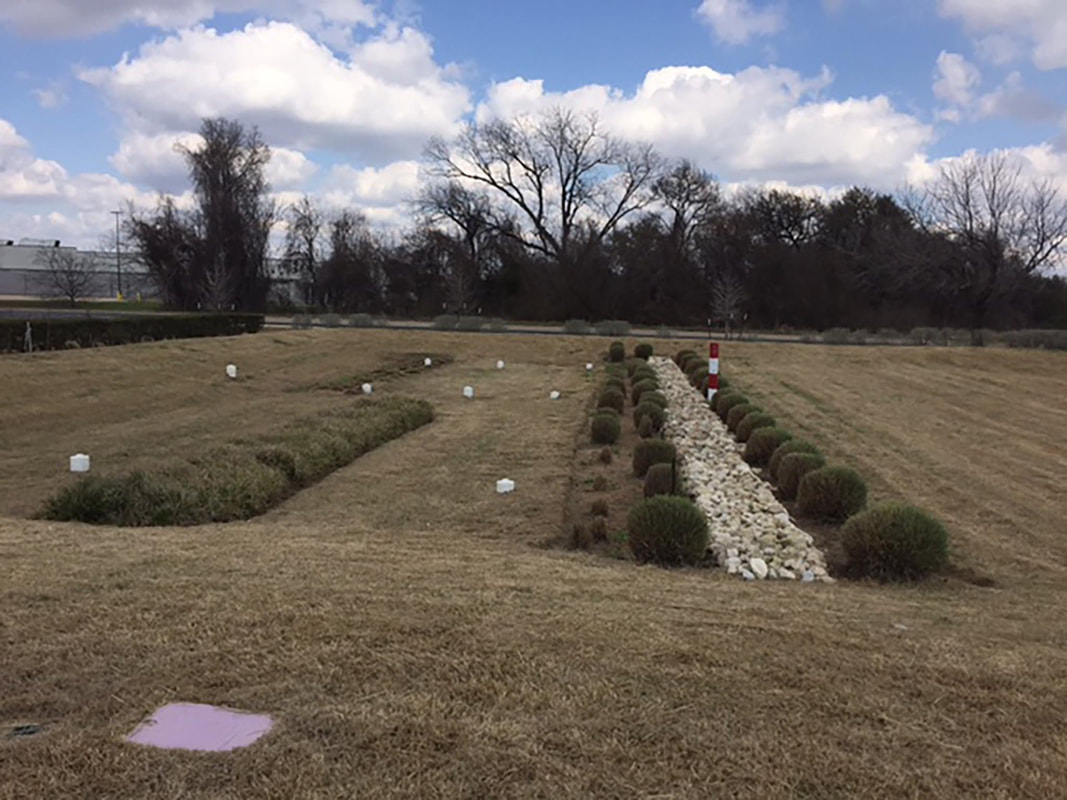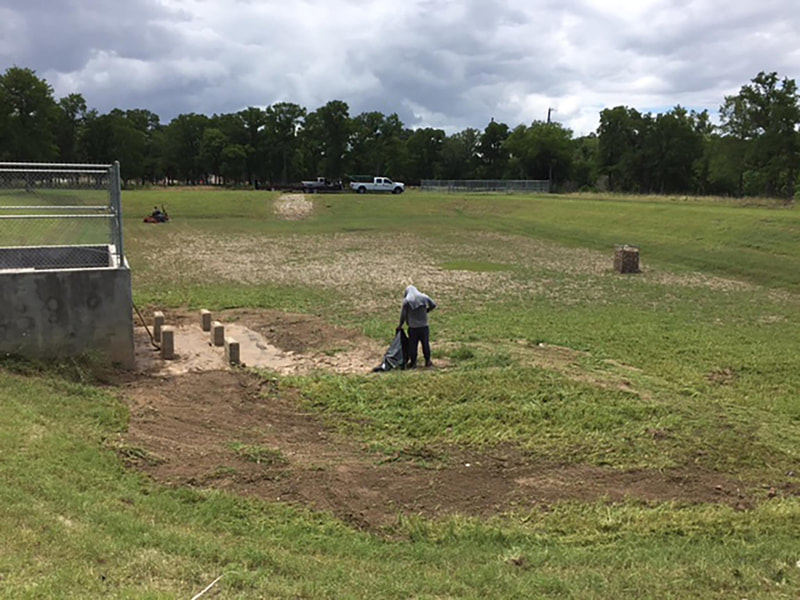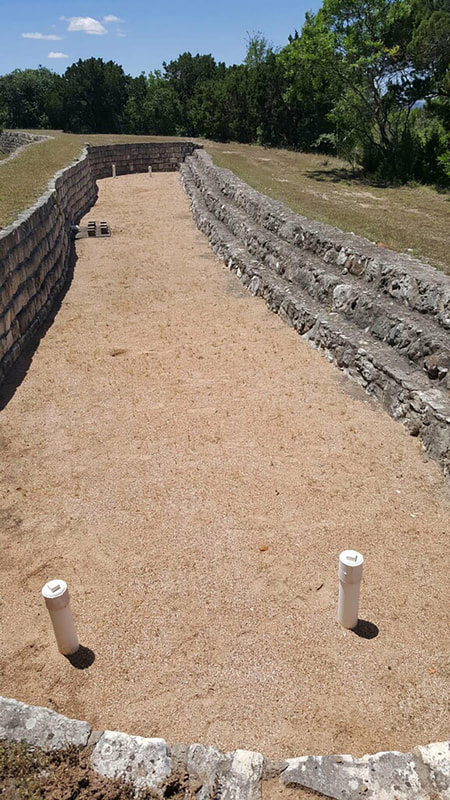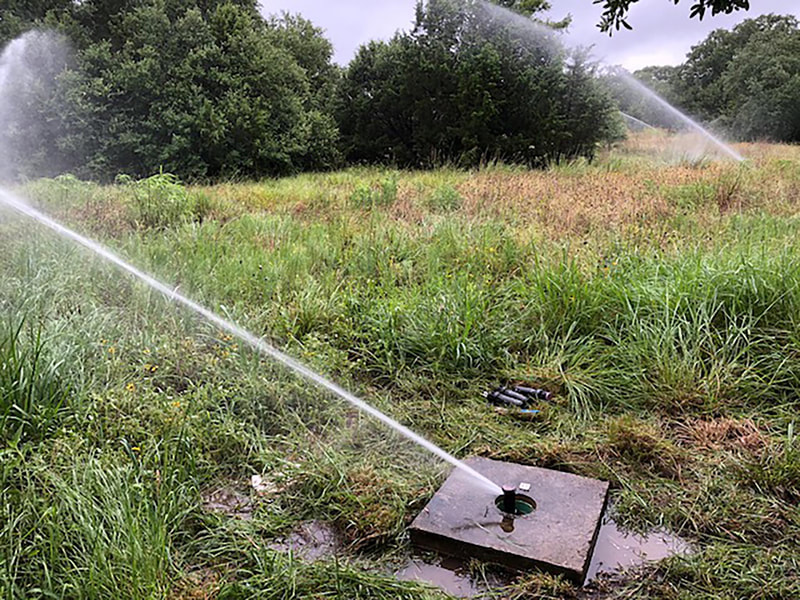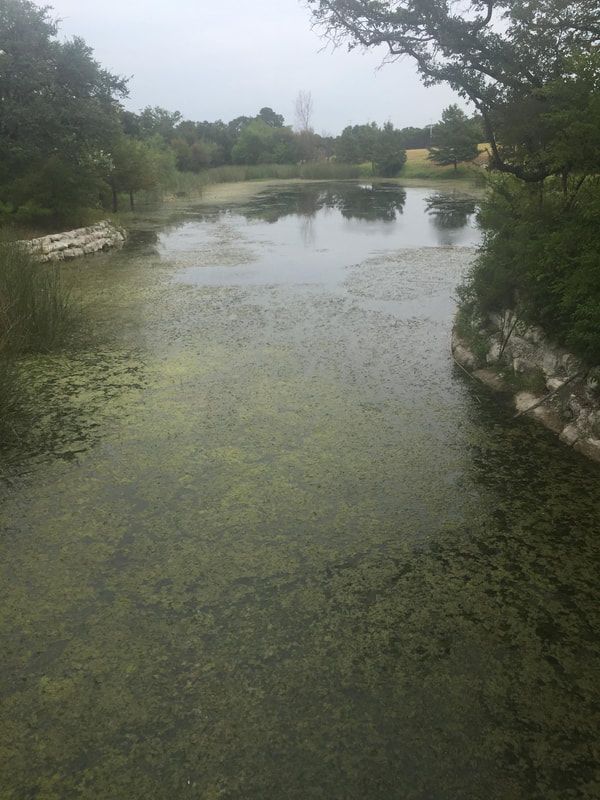Detention Pond Management
|
Call Us @ 512-386-5900
|
|
Benefits of Frequent Detention Pond Maintenance:
A well-maintained water quality pond is more attractive and capable of performing the intended purpose of flood reduction and water quality protection. A maintenance program will reduce the need to rebuild a water quality pond that has failed and will reduce the risk of fines for non-compliance with government regulations. Government entities such as: City of Austin, City of Round Rock, Travis and Williamson Counties and TCEQ (Texas Commission on Environmental Quality) inspect commercial and residential storm-water water quality ponds for compliance with regulatory the regulatory requirements set forth by TCEQ. An owner may receive a Notice of Violation if a water quality pond is found to be poorly maintained, not functioning properly, or if access to the site for inspection purposes is limited. |
Owner Inspection and General Maintenance:
Regular inspections are extremely important to ensure that storm-water ponds function properly. As well as looking unattractive, trash and debris clog the controls. Accumulated sediment and excessive plant growth can create pooling and prevent water from flowing correctly through the pond. Early detection can prevent more serious problems that could be very expensive to repair. In general, water quality pond elements should be inspected at least monthly and after rainfall events.
Regular inspections are extremely important to ensure that storm-water ponds function properly. As well as looking unattractive, trash and debris clog the controls. Accumulated sediment and excessive plant growth can create pooling and prevent water from flowing correctly through the pond. Early detection can prevent more serious problems that could be very expensive to repair. In general, water quality pond elements should be inspected at least monthly and after rainfall events.
|
Types of Water Quality Ponds:
Sedimentation/Sand Filtration: This type of water quality pond has a sedimentation basin that captures large sediment and debris before storm-water moves to the filtration basin for additional removal of fine sediment and nutrients. Rain Gardens/Bio-filtration: This type of water quality pond is a depressed garden designed to catch, infiltrate, and treat storm-water runoff through plant uptake of pollutants such as excess fertilizer and residue from automobile contaminants. Filtration Only: This type of water quality pond has a sand basin that filters storm water before reaching a network of perforated pipes that drain the water back into the environment/adjacent stream beds. Retention/Irrigation: This type of water quality pond captures storm-water and redistributes it through an irrigation system over natural areas adjacent to the water quality pond to simulate natural infiltration on site with no runoff. |







